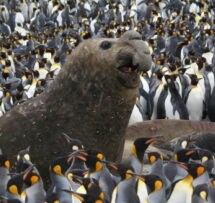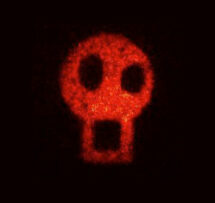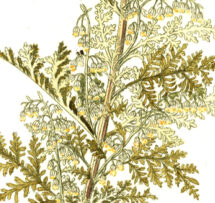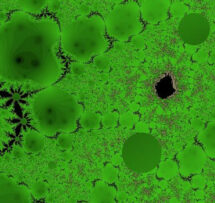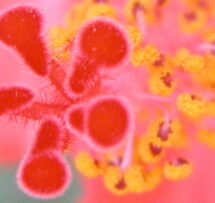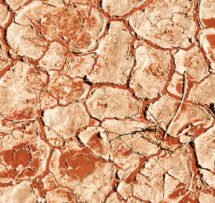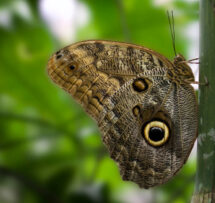The first 1000 days: How pregnancy and infancy shape the rest of our lives

What are the first 1000 days? How do they influence the rest of our life?
How does the nutrition of grandmothers, mothers and fathers influence our development during the first 1000 days? Does the preconception period and the 7000 days after infancy matter?
And what shift in public health thinking is needed to set up healthier trajectories for children in South Africa?
The First 1000 Days - from conception to a child’s second birthday - is a unique period
of opportunity when the foundations for health and development across the person's lifespan are established. The right nutrition and care during the 1000-day window influences not only whether the child will survive, but also his or her ability to grow, learn and rise out of poverty. As such, it contributes to society’s long-term health, stability and prosperity.
In this period, a child’s brain grows faster than at any other time; 80% of a baby’s brain is
formed by the time they are two years old. For healthy brain development in these years, children need a safe, secure and loving environment, with the right nutrition and stimulation from their parents or caregivers. This is a window of opportunity to lay a foundation of health and well being whose benefits last a lifetime – and carry into the next generation.
In tonight's edition of Science & Cocktails Johannesburg, Shane Norris, a leader in the field of developmental origins of health and development, will give us an overview of cutting edge findings about the first 1000 days – including the particular challenges South Africa faces and how this impacts the first 1000 days - and the latest thinking on how we can intervene to set up healthier trajectories for children growing up in South Africa.
Afterwards, smoky craft cocktails and a musical performance by Amakat' Amnyama will create a stimulating environment for our brains to keep growing.
Image: Untitled (Alê Oyamada/flickr) Licenced under creative commons
Talk by
Shane Norris
Shane Norris is Professor and Director of the Developmental Pathways for Health Research Unit at Wits and Acting Director of the DST-NRF Centre of Excellence in Human Development. His research focuses on child & adolescent growth and body
composition, obesity and diabetes. He is President of the Africa section of the International Society for Developmental Origins of Health and Disease (DOHaD) and
was recently awarded the Nutrition Society of South Africa Award for an outstanding contribution to the field of nutrition in South Africa.
DPHRU

Music by
Amakat' Amnyama
"Contrary to the usual theme of misfortune associated with Amakat’ Amnyama, I believe that they represent the strength needed to break free. I regard music as being an agent in the confrontation of the inevitable. Music brings ease; and forces colour where there is none. Life will always happen, but a turning point always lies ahead. This is what I aim to put across with my music. Born Benecia Nkululeko Simelane - half Congolese and Zulu raised; my music brings together all aspects of me. Sounds from all over Africa inspire me - more so, my music. To me, music is a reminder that freedom awaits; and the worse one may feel in confronting adversity, the closer it is." - The Amakat' Amnyama Band is composed of: Benecia Simelane (lead vocals), Josh Mokoena (piano), Brownlee Dlulane (guitar), Sibonelo Manzini (bass guitar), Gas Marutha (drums), Mathapelo Wesinyane (sax) and Lunga Mahlangu and Lesego Mosito (backing vocals).










